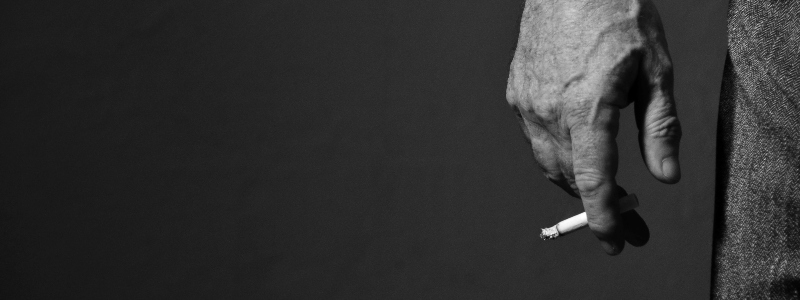We all have bad habits. Some are fairly innocuous and others, at the extreme, can develop into behavioural addictions.
Many of us try our hardest to break bad habits, but end up failing miserably. There is a particular time of year – New Year’s – when many of us set out to ‘turn over a new sheet’ and to give up on habits that may not serve us. And the statistical evidence shows that on average, only around 8% of us manage to stick to our resolutions. We then generally put this down to us being weak-willed in some way, but the real reasons why breaking a bad habit is so hard are more complex.
Why are bad habits so hard to break?
Neuroscientists are starting to unlock the secrets of how our brain plays a key role in us staying stuck in old habits. And it has a lot to do with dopamine – a neurotransmitter that helps control the brain’s reward and pleasure centre.
Our brain gets very easily distracted and searches for past rewards that it felt when engaging in an activity – even when the rewards are no longer there or perhaps never were. Dopamine causes our brains to gravitate towards behaviours and activities that were previously pleasing. And once a habit gets laid down, we have much less control of our brains than we like to believe.
So, rather than being weak-willed, our brains (or a part of them) are hijacking our behaviour to seek out its dopamine hit.
Top tips
How do we break this cycle? Well, researchers are now suggesting that instead of focusing on stopping the negative behaviour, we should instead focus on replacing it with a new one that will give our brains some reward.
The first step in this process is to identify what the exact nature of the reward is that we get from the behaviour. For example, if we find that we snack late at night because we are hungry, then changing meal times; changing food types; moving exercise routines etc. can all help to change our cravings. It may be, however, that we snack because we are feeling bored, in which case, going for a walk around the block may be a suitable substitute.
In the 12-step program, participants are invited to HALT before engaging with their addiction. HALT is an acronym that stands for asking the questions: ‘Am I Hungry, Angry, Lonely or Tired’. Often, it is one of these feelings that is driving the addictive craving.
So, instead of self-critiquing when we once again go down the rabbit hole of a bad habit or addiction, get really interested in the following questions:
- What am I feeling?
- What triggered me? – time of day, activity (e.g. drinking correlating to smoking)
- What would meet my needs in this moment?
By engaging with these questions, you can take control by focusing on putting in place a behaviour or set of behaviours that makes you happier and provides your brain with dopamine for the right reasons.
Mark Vahrmeyer is a UKCP Registered Psychotherapist working in private practice and palliative care.
For more information, click here to download our guide on habits, including top tips on breaking habits.

Leave a Reply